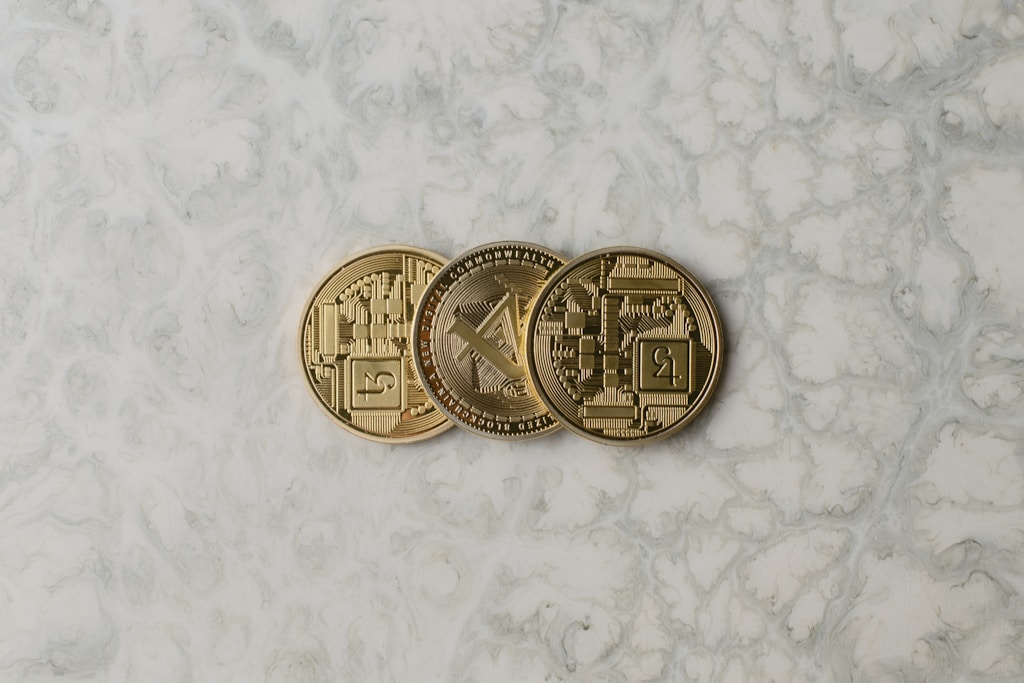In a significant development for the cryptocurrency industry, Trump Media & Technology Group has announced a strategic partnership with Crypto.com to explore the launch of exchange-traded funds (ETFs). This collaboration marks a notable shift in the former president’s stance on digital assets and could potentially reshape the crypto investment landscape.
Strategic Partnership Details
The partnership between Trump Media and Crypto.com comes at a crucial time when Trump’s economic policies continue to influence crypto markets. The initiative aims to capitalize on the growing popularity of cryptocurrency ETFs, following the successful launches of spot Bitcoin ETFs earlier this year.
Market Impact and Analysis
This development could significantly impact the cryptocurrency market, particularly as institutional investors seek regulated exposure to digital assets. The move aligns with the broader trend of traditional media companies expanding into the crypto space through regulated investment products.
SPONSORED
Trade with confidence using advanced perpetual contracts with up to 100x leverage
Frequently Asked Questions
What types of ETFs will be offered?
While specific details haven’t been released, the partnership is expected to focus on cryptocurrency-based ETFs, potentially including Bitcoin and other major digital assets.
When will these ETFs launch?
The timeline for ETF launches will depend on regulatory approval and market conditions. More details are expected in the coming months.
How does this affect existing crypto ETFs?
This partnership could introduce new competition in the crypto ETF space, potentially leading to more innovative products and competitive fee structures.
Looking Ahead
As the cryptocurrency market continues to mature, this partnership between Trump Media and Crypto.com represents a significant step toward mainstream adoption of digital asset investment products. The success of this initiative could pave the way for more traditional media companies to enter the cryptocurrency space through regulated investment vehicles.




